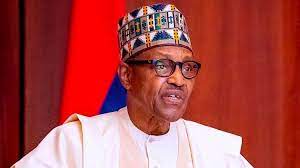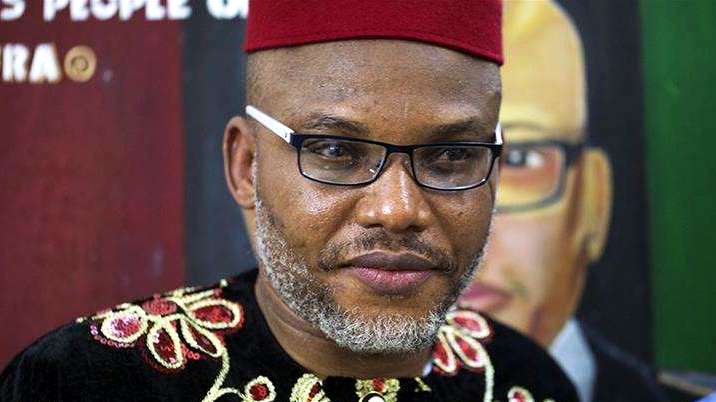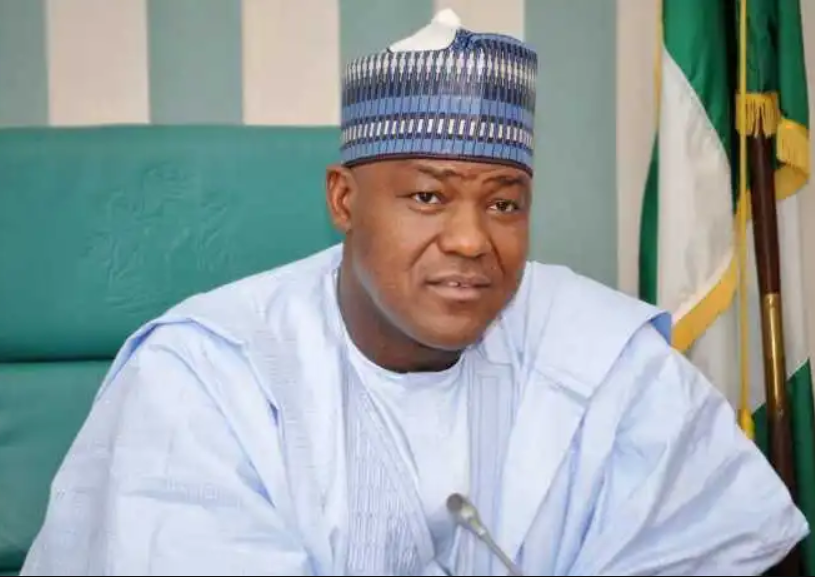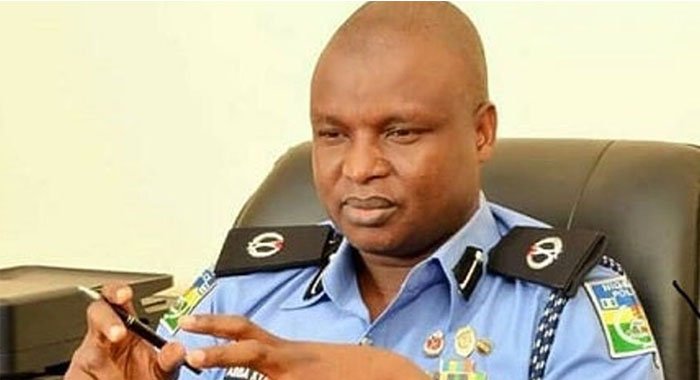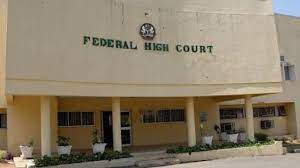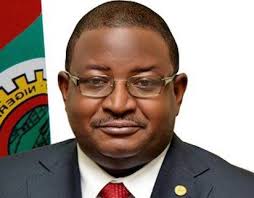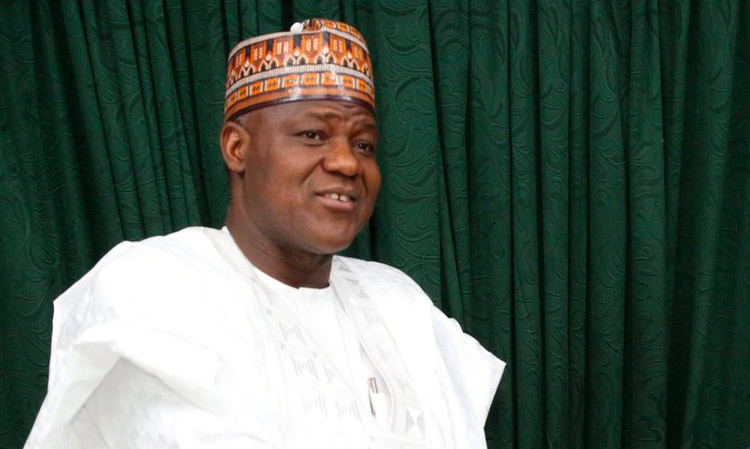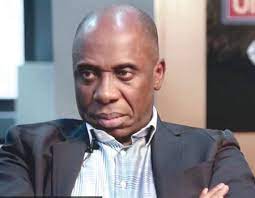A Federal High Court in Abuja on Wednesday gave its nod on contempt charges filed against the Minister of Transport, Rotimi Amaechi, in a dispute over cargo tracking contract, following complaints that he flouted an earlier order made by the court.
Justice Donatus Okorowo gave the directive after being informed that Amaechi allegedly violated an order for the maintenance of status quo issued on January 22, 2022, in a suit filed by a civil group, the Incorporated Trustees of Citizens Advocacy for Social and Economic Rights (CASER).
In the suit, CASER challenged Amaechi’s handling of the process of appointing operators of the International Cargo Tracking Note (ICTN) in Nigeria.
CASER alleged among others, that Amaechi has manipulated the appointment process to the benefit of two local and inexperienced firms – Medtech Scientific Ltd and Rozi International Nigeria Ltd.
Listed with Amaechi as defendants in the suit are the Bureau of Public Procurement (BPP), the Attorney General of the Federation (AGF), Medtech Ltd and Rozi Ltd.
At the resumed hearing of the suit marked: FHC/ABJ/CS/1587/2021 on Wednesday, the plaintiff’s lawyer, Abdulhakeem Mustapha (SAN) told that court that Amaechi defied the order for the maintenance of status quo and continued with the appointment process and currently on the verge of completing the process of appointment.
Mustapha said: “He (Amaechi) has taken fundamental steps on the subject matter of this suit, and we have documents to be placed before the court to establish that he has ignored the order of the court completely.
“In order to protect the sanctity of this honourable court, we have issued Form 48 against the Minister of Transportation. With the commencement of this committal process, which takes precedence over any other matter, we urge this court to suspend further proceedings in the substantive suit.”
Mustapha said having issued Form 48 on the Minister, he was in the process of filing motion on notice to commit the minister to prison.
In response, Amaechi’s lawyer, Omosanya Popoola admitted receiving a letter notifying him of the issuance of Form 48 on his client.
Popoola said his client is a law abiding citizen and he was yet to be personally served with the Form 48.
Lawyer to BPP, Akin Olujinmi (SAN) said his client has also not been served with the Form 48 personally as required by law.
Olujinmi argued that there was no motion for committal before the court, adding that the plaintiff’s lawyer has to file affidavit to establish his allegations that the defendants, including Amaechi had violated the court’s order.
Lawyer to the AGF, Mohammed Sheriff aligned himself with the submissions by lawyers to Amaechi and BPP that proceedings in the main suit should not be halted.
Justice Okorowo agreed to suspend proceedings in the main suit, noting that: “Once the issue of contempt is raised, the court must suspend proceedings.
“The court will not close its eyes when being told that its orders are being flouted. We have to suspend proceedings for the court to ascertain the veracity of the allegations.”
The judge then directed the plaintiff’s lawyer to proceed to file a motion on notice with an affidavit to establish the facts of the alleged violation of the court’s orders, which must be filed and served before the next adjourned date.
The court has scheduled a ruling for May 9 on the application filed by a firm, Antaser Nigeria Limited to be made a party in the suit.
Antaser’s lawyer, James Ogwu Onoja (SAN) told the court that his client was a necessary party in the case because it sought to participate in the bidding process but was unlawfully excluded.
Plaintiff in the suit, CASER, stated, in an affidavit supporting the substantive suit, that the purported procurement process, leading to the appointment of the fourth and fifth defendants (Medtech and Rozi) as companies providing ICTN services shows that it was riddled with non-compliance with the known procurement procedures as stipulated in the law.
The plaintiff claimed that President Muhammadu Buhari “was misguided in granting an anticipatory approval for a direct appointment of the fourth and fifth defendants’ companies.
“The approval by Mr. President cannot waive the procurement process stipulated under the Public Procurement Act.
“The steps of the first and second defendants (Transport Minister and BPP) by opting for selective bidding and or direct procurement method amount to a wilful violation of due process and a desperate design to circumvent the provisions of the Procurement Act by abandoning the demands of fairness, competitiveness, accountability and transparency as envisaged by the Act.
“The failure of the relevant agencies to follow due process and appoint qualified companies contributed immensely to the failure of the ICTN project in the year 2010 and 2015.
“The appointment of the fourth and fifth defendants without due process will further worsen the already threatened security and fragile economy of this country.”
The plaintiff is praying the court for among others: A declaration that in view of the mandatory provisions of sections 40(1), 24 & 25 of the Public Procurement Act 2007, it is ultra vires the powers of the 1st defendant to seek Mr. President’s anticipatory approval for due process “no objection” from the 2nd defendant for the appointment of the 4th defendant as technical partners to the 5th defendant to provide international cargo tracking note in the country.
An order nullifying the entire process of appointing the 4th and 5th defendant as operator of the international cargo tracking note in the country.
An order setting aside the due process ‘no objection’ issued by the 2nd defendant to the 1st defendant, for the restricted selection of the 4th and 5th defendants.
An order of this honourable court stopping the proposed and imminent appointment of the 4th and 5th defendants as the operators of the International Cargo Tracking Note (ICTN) in Nigeria in view of the clear breach of the provision of Public Procurement Act, 2007.
An order of mandamus directing the first and second defendants to conduct an international competitive bidding to ensure the proper selection of the service provider for the International Cargo Tracking Note (ICTN) in Nigeria.
